
New Yorkers use a lot of plastic bags. The city of 8 million goes through 23 billion plastic bags annually. It’s a stat that would’ve seemed unbelievable to me before I moved here until I walked out of a C-Town grocery store with $30 of groceries in six plastic bags.

More and more people are pursuing a resource-efficient lifestyle that minimizes waste. What we choose to wear, where we travel and even what we eat are closely related with the greenhouse gas emissions that cause global warming.
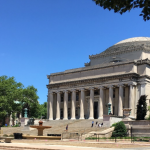
The idea of impact investing was born in part at the intersection of climate change and sustainable development. It is an innovative approach that leverages financial tools to achieve sustainability and doesn’t focus solely on the potential financial returns on any investment.
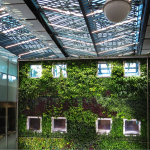
Movement and structure. I didn’t realize how important these two words were until they recently began to shift.

How do you regulate workers’ rights in an illegal office? How do you enforce bodily autonomy, safety, and well-being when you’re not sure where a company operates or how many people they employ? How do you report crime in the workplace when there’s no HR department, and every police department within 100 miles is turning a blind eye?
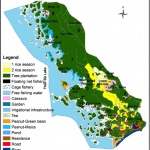
Vietnam is one of the most vulnerable countries to climate change in the entire world. From sea level rise to saltwater intrusion to flooding to drought, the impacts are numerous and will likely be severe.
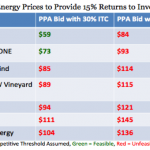
The northeastern U.S. is a major electricity consumer with ambitious goals to transition to renewable energy. Solar and wind power are growing in the region, but perhaps its strongest renewable resource is a few steps behind.
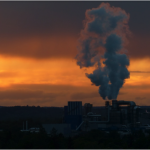
The Paris Agreement, signed in December 2015, was widely perceived as a milestone in the fight against global warming. Nearly 160 countries agreed to limit the increase in temperature to 2°C above pre-industrial levels and to pursue efforts to stay within 1.5°C. This agreement was without a doubt a big step forward. However, how do we get there?
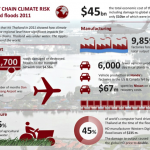
Climate change is inevitable — whether it be through the intensification of El Nino or the increasing occurrence of weather disasters. Its impacts are widespread, sporadic and uncertain with implications on international, regional and national economies. For businesses, particularly those that source, use or rely on natural resources and environmental conditions, the complexity of quantifying the magnitude of these impacts and the ways in which it manifests is a growing concern.
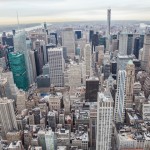
I live in a city. In a typical day, I wake up in the morning and I take a shower, I eat some toast, I drink some coffee, I grab my phone and head out. A normal city life, I guess. What could possibly be uncommon about it?













